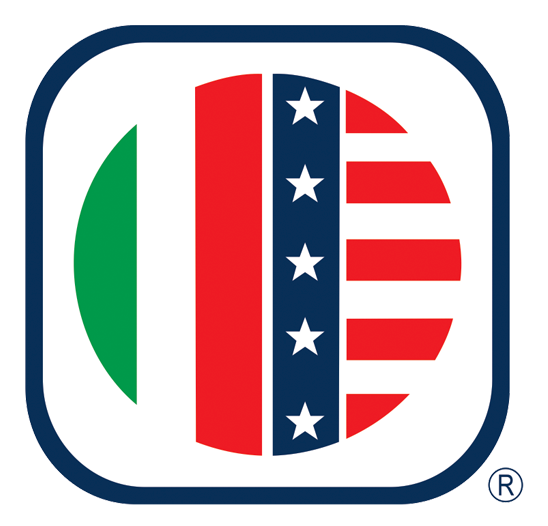20 Words Merriam-Webster Is Adding to the Dictionary in 2021

By Michele Debczak │Mental Floss│3 min
The lexicographers working for Merriam-Webster aren’t snobs about words. They understand better than anyone that language is constantly evolving, and even the silliest slang deserves a spot in the dictionary if it’s used widely enough. After closely monitoring changes in the lexicon, Merriam-Webster added 455 terms to the dictionary in October 2021.
:extract_focal()/https%3A%2F%2Fimages2.minutemediacdn.com%2Fimage%2Fupload%2Fc_crop%2Ch_1194%2Cw_2124%2Cx_0%2Cy_108%2Ff_auto%2Cq_auto%2Cw_1100%2Fv1635518779%2Fshape%2Fmentalfloss%2Fgettyimages-155389199.jpg)
Many of the newly recognized words reflect our current times. Coronavirus-related terms such as super-spreader, breakthrough, and vaccine passport have become common enough to warrant their own entries. Some words aren’t directly linked to COVID but are indicative of the pandemic’s impact on culture. For example, Merriam-Webster’s dictionary now includes digital nomad, as many people have shifted to remote work.
As is the case every year, many of the additions originated on the internet. Merriam-Webster users can now look up the definitions of TBH, FTW, and copypasta through the resource. The new list also includes many terms that have been around for a while, like chicharron and fluffernutter. You can view 20 notable entries from the new batch of words below.
1. Air fryer (N.)
“An airtight, usually small electrical appliance for quick cooking of foods by means of convection currents circulated rapidly by a fan.”
2. amirite (interj.)
“Am I right?” According to Merriam-Webster, the slang term is used to “represent or imitate the use of this phrase as a tag question in informal speech.”
3. Astroturf (adj.)
A less-common usage of the brand name for artificial grass. Astroturf describes an organization or initiative “falsely made to appear grassroots.”
4. Breakthrough (N.)
When used in a medical sense, it means “infection occurring in someone who is fully vaccinated against an infectious agent.”
5. Chicharron (N.)
“A small piece of pork belly or pig skin that is fried and eaten usually as a snack.”
6. Copypasta (N.)
“Data (such as a block of text) that has been copied and spread widely online.” Copypasta is often a source of misinformation or urban legends on the internet.
7. Dad bod (N.)
Defined as “a physique regarded as typical of an average father,” this common piece of internet slang dates back to 2003.
8. Digital Nomad (N.)
“Someone who performs their occupation entirely over the Internet while traveling.”
9. Doorbell camera (N.)
“A small camera that is designed for use on an exterior door, that includes or connects to a doorbell, and that often has a built-in microphone and speaker.”
10. Faux-hawk (N.)
A hairstyle that’s slicked upward to resemble a Mohawk.
11. Fluffernutter (N.)
The word for a peanut butter and marshmallow fluff sandwich, fluffernutter dates back to 1961.
12. Fourth trimester (N.)
The three-month recovery period immediately following childbirth.
13. FTW (ABBRV.)
Abbreviation of “for the win.”
14. Halotherapy (N.)
“The therapeutic use of salt usually by inhalation of an aerosol composed chiefly of fine salt particles and circulated in an enclosed area.”
15. Horchata (N.)
“A cold sweetened beverage made from ground rice or almonds and usually flavorings such as cinnamon or vanilla.”
16. Super-spreader (N.)
“An individual who is highly contagious and capable of transmitting a communicable disease to an unusually large number of uninfected individuals.”
17. Oobleck (N.)
“A mixture of corn starch and water that behaves like a liquid when at rest and like a solid when pressure is applied.”
18. Otaku (N.)
This word usually described someone with an intense interest in anime and manga.
19. TBH (Abbrv.)
Abbreviation of “to be honest.”
20. Vaccine passport (N.)
“A physical or digital document providing proof of vaccination against one or more infectious diseases (such as COVID-19).”



